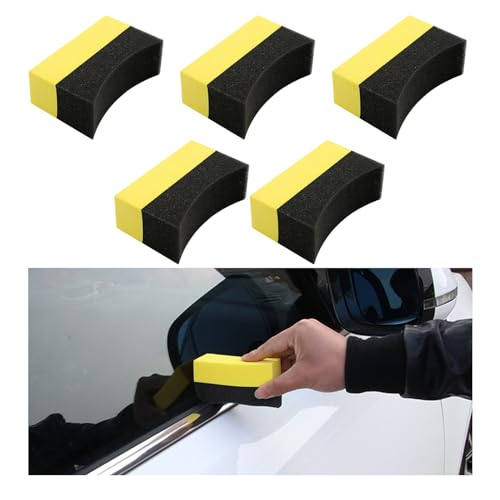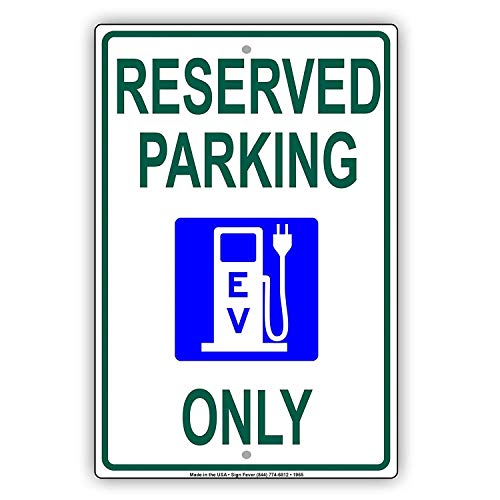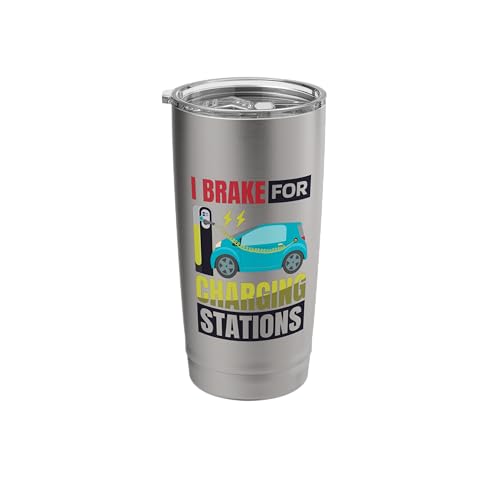HYBRID
New member
Hi all..
I am seriously thinking to own the Outlander PHEV in Canada
Did a test drive and pleased with it's performance.
I heard this model is one of the best selling PHEV in Europe and introduced to Canadian market in early 2018
Can someone tell me...
Thanks in advance
I am seriously thinking to own the Outlander PHEV in Canada
Did a test drive and pleased with it's performance.
I heard this model is one of the best selling PHEV in Europe and introduced to Canadian market in early 2018
Can someone tell me...
- 1. Anyone noticed problem with the battery and its charging
- 2. Is it possible to drive only in Gas mode when the battery is completely down/dead
- 3. Can I use this for a daily commute without any issues
Thanks in advance


































